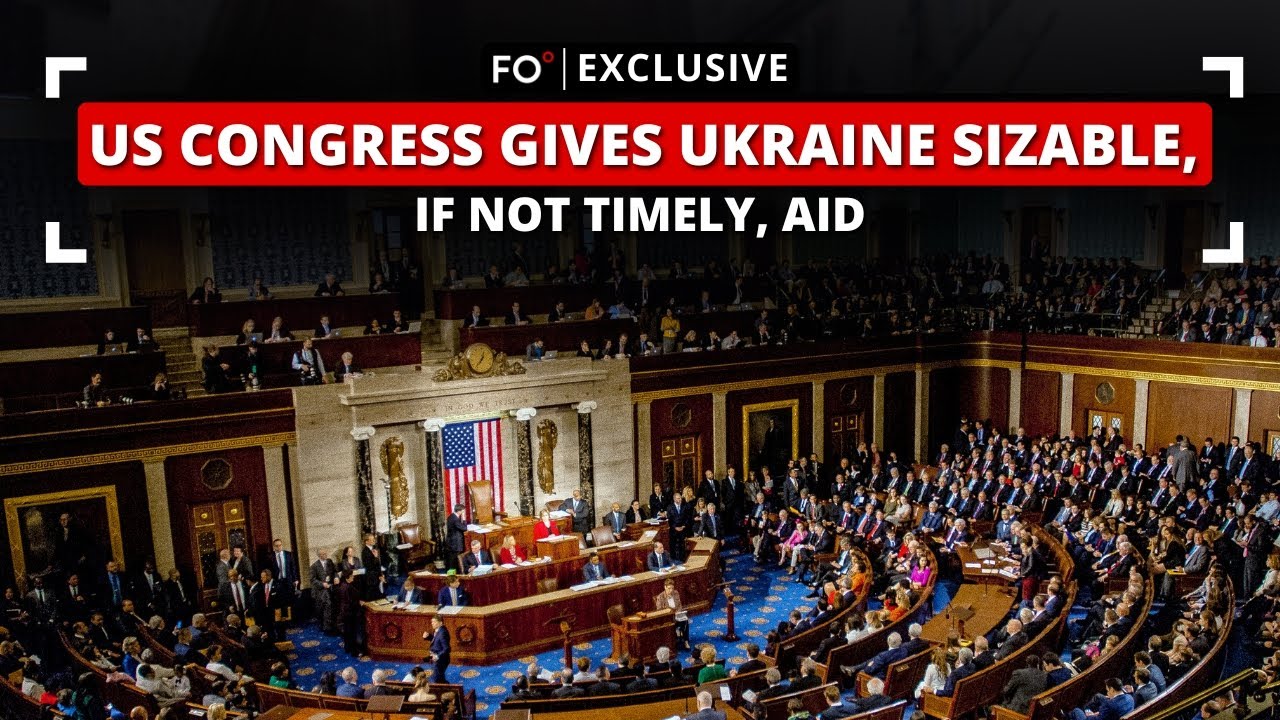Last year, in response to Russia’s invasion of Ukraine, the US and its European partners imposed economic sanctions. Their goal was to cut off Russia from the global economy. Western powers froze Russian assets held in international banks, cut Russian banks out of the international payments system SWIFT and levied embargoes on Russian goods, including the highly lucrative crude oil and natural gas exports that sustain the Russian economy. The US and its allies hoped to cripple the Russian economy and weaken Russia’s war effort.
It is now clear that the Western effort has failed. Europe might have stopped buying as much oil and gas from Russia as before, but China and India stepped in to fill the void. According to state newswire RIA Novosti, trade with China increased 32% year on year in the first eight months of 2023 to $155 billion, while trade with India tripled in the first half of the year to $33 billion. Both these large and energy-hungry economies were only too happy to buy deeply discounted Russian oil and gas.
Russia is a formidable fortress economy
Russia may be no Soviet Union, but — like the US — it is a fortress economy. Russia has plenty of grain, more than enough oil and gas, a lot of metals and a sufficient number of engineers. The Russian economy is capable of making goods necessary to sustain a war effort, and it is not overly reliant on international trade. Fossil fuel exports seemed to be Russia’s Achilles’ heel, but that has not proved to be the case. So, Russian President Vladimir Putin’s sanction-proofing efforts have been crowned with success.
The International Monetary Fund (IMF) has forecast Russia’s gross domestic product will grow by 1.5% this year and 1.3% in 2024. Putin has been more bullish, predicting 2.8% growth this year, more than double the maximum rate his own cabinet predicted in April. Oleg Deripaska, the founder of leading aluminum producer Rusal, says that the Wunderwaffe (wonder-weapon) of weaponizing the financial system against Russia has not worked. Despite sanctions, seizing reserves and throwing Russia out of the international SWIFT banking system, its economy is still growing.
Of course, this growth does not mean that the Russian economy is doing swimmingly. Russia remains a sluggish and largely state-owned economy plagued by low productivity, low utilization and low wages. Russia is no Asian tiger with top-level semiconductor manufacturing. Instead, the Siberian tiger has long since grown fat and happy by living off of the fossil fuel trade.
Even though Russia may have survived the war well, it is still fundamentally a petrostate and a commodity exporter. According to Carle, Russia’s oil game is only profitable in the long run with oil over $100 a barrel, and prices are currently in the 90s. Besides, embargoes on oil and gas have put substantial inflationary pressure on the economy. The ruble has lost a third of its value this year, largely erasing the gains it made after the initial crash at the beginning of the invasion.
India and China haven’t totally made up for Russia’s shortfall either, and even sales to those states have slumped this year compared to last year’s levels. Over the next five years, Russia’s fundamental economic weaknesses will make themselves evident. Still, this will not happen quickly enough to help Ukraine. So, Russia will be able to keep up this level of involvement in the war for as long as necessary.
As Carl von Clausewitz said, war is a contest of wills, and it is not at all evident that the Western coalition’s will to continue fighting is stronger than Russia’s. The possibility of a Russian victory, if the West’s cohesion cracks, is realistic.
Ukraine is under great stress
Unlike Russia, the Ukrainian economy is making no recovery from its disastrous economic crash last year. This year, it is expected to grow by only 0.5%. Last year, the Ukrainian gross domestic product (GDP) contracted by 30%. This means that Ukraine’s GDP will be only 70.35% of the 2021 GDP on December 31 this year. This is grim news for its people.
Furthermore, an additional 7.1 million Ukrainians are estimated to live in poverty. There has been a 15-year setback in poverty reduction goals. Ukraine needs $11 billion for repairs and essential services for this year. Six million Ukrainians are refugees, and a further eight million are internally displaced. If it had not had Western support, Ukraine would have already collapsed.
Ukraine desperately needs the support of its Western friends, and relations are fraying at what could not be a worse time. Ukraine has disputes with neighbors like Poland and Hungary, and public support is waning in powers like the US and Germany. Tensions over funding Ukraine are a big part of America’s government shutdown crisis, only temporarily averted on October 1. In Germany, the far-right Alternative für Deutschland (AfD) has been gaining in the polls, outstripping older mainstream parties. If the AfD gains more seats in the elections, the party will inevitably weaken German support for Ukraine.
The final outcome of the Russia–Ukraine War is not a foregone conclusion. Ukrainian victory, Russian victory or some sort of compromise for peace are all still possible. But, if current trends continue and nothing changes, it looks like Putin could very well win the waiting game.
[Anton Schauble wrote the first draft of this piece.]
The views expressed in this article/video are the author’s own and do not necessarily reflect Fair Observer’s editorial policy.
































Comment